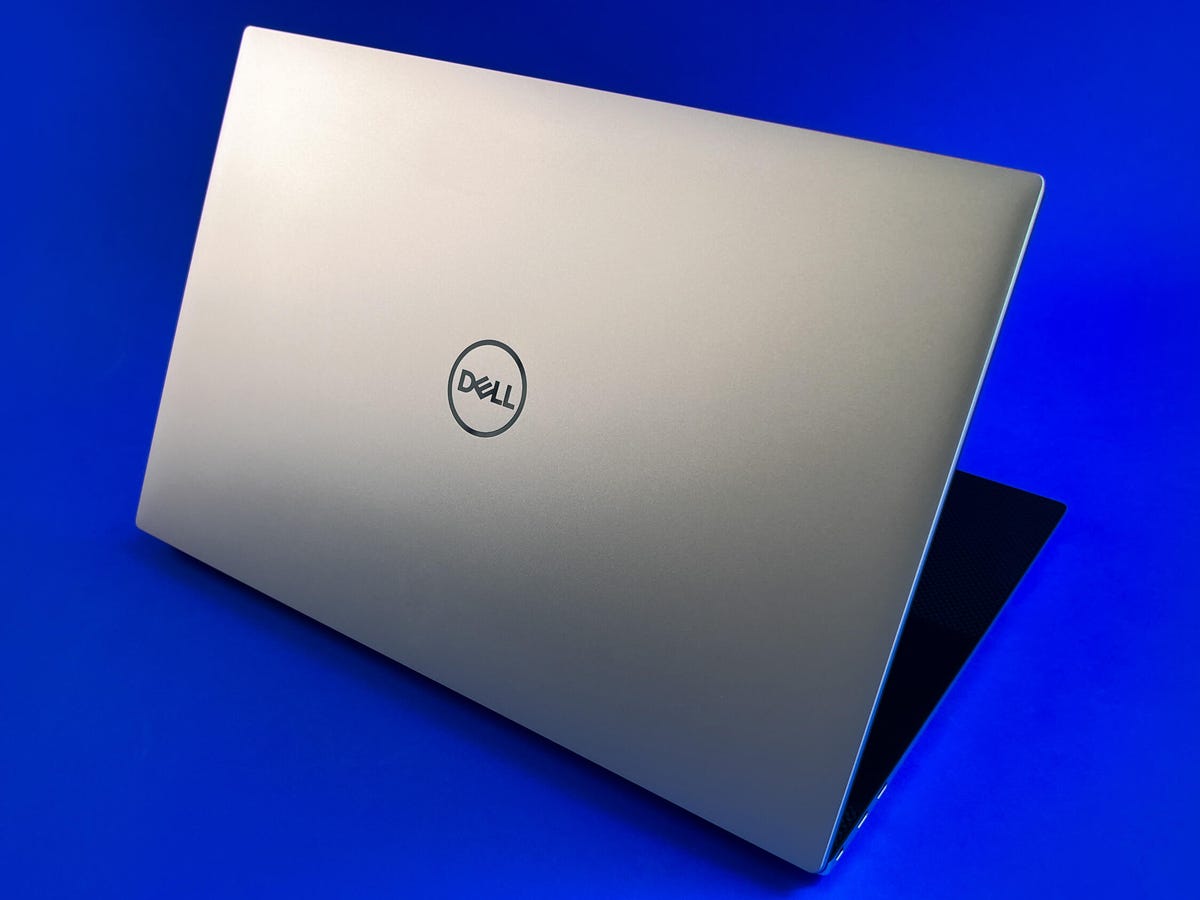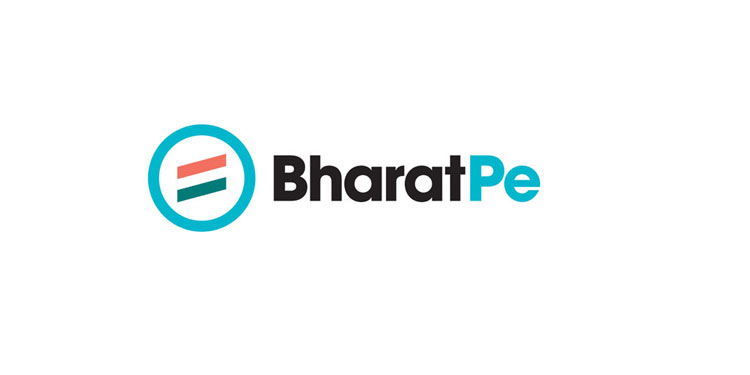Introduction
Dell is an American technology company that develops, sells, repairs, and supports computers and related products and services and is owned by its parent company, Dell Technologies. Dell’s Business Model involves its business plan, revenue model, its competitors, SWOT Analysis and many more.

The company’s core business strategy is built around its direct customer model and highly efficient manufacturing and logistics. Nowadays they are expanding that core strategy by adding new distribution channels to reach even more commercial customers and individual consumers not only in the USA but around the world.
Business Plan
With the help of the amazing computer services and products that are provided to the people in the best way, the company has managed to have the widest customer base with a revenue-generating business model.
The customers that are present in the company have some different needs. The business model focuses more on the fulfilment of the needs and requirements that customers have. As per the customers’ need, the company makes different types of products.
Competitors
Due to high popularity of the company, its market share is always vulnerable to competition. Some of its competitors are:
- HP
- Acer
- Apple
- Toshiba
SWOT Analysis
Strengths
1. Excellent Brand Reputation: As a brand, Dell has nurtured a very strong brand reputation and was ranked #137 top regarded company and #90 world’s most valuable brand and # 12 World’s Best Employers.
2. Global Presence: Dell has 363 offices spread across the world and is currently the third-largest PC manufacturer and vendor in the world with more than 15% of global PC a market share. It increased its global PC market share in Q1 of 2020 to 19.7%.
3. Strong Financial Position: While other countries struggle with the effects of the pandemic, Dell’s total revenue for Q1 of 2020 was to $21.90 billion, which beats the projected $20.81 billion. In this quarter, revenue from its PCs, notebooks, and tablets division and software increased by billions.
4. Diversified Offerings: From desktops to laptops, notebooks, tablets, smartphones, TVs, software, cloud services, data centers, and networking, Dell caters to a wide range of tech-needs. Diversified offerings enhance stability.
5. Increased Investment in R&D: Research and development are critical for success, particularly in the tech industry. In the past five years, Dell has increased investment in R&D to $20 billion.
6. Highly Innovative: Innovativeness is one of the main ingredients for success. Dell was ranked #26 Top 100 Digital Companies in 2019 and exploited its innovativeness and resilience to beat Q1 2020 projected earnings.
7. Quality Products: Dell is highly respected by consumers globally for its quality products. Dell’s line of Latitude Rugged Express is regarded as the most durable and practical laptop in the market.
8. Personalized Customization: Technologically spoilt consumers of the 21st-century demand VIP treatment and services that allow for personal customization. Dell is one of few tech companies that allows its customers to walk into its shops and customize their laptops.
Weaknesses
1. Overdependence on Tech: Dell operates primarily in the tech sector, which can experience erratic fluctuations. This exposes the company to the risk of catastrophic losses in case the tech sector declines.
2. Lack of Diversification: Dell depends heavily on PC sales. Even though PC sales drive Dell’s earnings, any issues in this sector can be financially devastating for the company.
3. Few POS: Having several Points of Sale (POS) ensures that the customer can access products and services quickly before they are poached by competitors. Dell insists on direct selling through a few of its outlets only in major cities and towns across the world.
4. Declining Service Delivery: Cost-cutting should never undermine the quality of service. At the turn of the century, Dell and other companies focused on cutting costs by moving call centers to India and other developing countries leading to a drastic decline in the quality of customer services.
Opportunities
1. Focus on Emerging Economies: While markets in developed countries reach maturity and saturate, opportunities in emerging economies grow rapidly. For one, Dell can offer its enterprise solutions in Africa to capitalize on the growing demand for cloud computing services.
2. Expand Growing Divisions: The demand for smartphones is expected to remain high and increase over the coming years with an increase in mobile usage. Dell also offers smartphones and can expand this division to exploit the ever-increasing demand.
3. Increase Acquisitions: All major companies have expanded rapidly into different markets and sectors through acquisition. Dell has the resources to finance large scale acquisition of innovative startups and companies for rapid expansion.
4. Strengthen Networking Services: More companies are relying on networking services for data management and efficient business operations. Dell is already in this market; all it has to do now is strengthen its networking services.
Threats
1. Shrinking PC Market: Dell depends heavily on revenue from PCs, but the PC market has been shrinking since 2006. The company’s profits will be threatened if the demand for PCs declines beyond a sustainable level.
2. Second Wave of the Pandemic: From manufacturing to distribution and sales, the business operation was brought to a standstill by the global pandemic. With the experts warning about a second wave, Dell will have to go through the devastation one more time.
3. Stiff Competition: From HP to Lenovo, Toshiba, Acer, Sony, Microsoft, and others, Dell’s market share is threatened by competitors.
4. Looming Recession: As the world gradually reopens, the economic devastation and job losses have left most countries on the downward spiral deeper into recession. Just like any other business, Dell is susceptible to the negative effects of a recession.
5. Effects of Tariffs: In 2019, Dell and other tech companies rejected proposals to impose tariffs on electronics. If the governments succeed in imposing tariffs in the future, Dell’s profitability will be threatened.
6. Legal Issues: In December 2019, Dell was named in a lawsuit along with several other companies for profiting from child labor in Congo. The implications and ruling threaten both the reputation and finances of the company.
Conclusion
Being a Computer Technology Giant, Dell Business Model is writing new success stories for 35 years. From personal computers, servers to peripherals, smartphones, and televisions, Dell comprises one of the most rock-solid and revenue-oriented Business Model.




